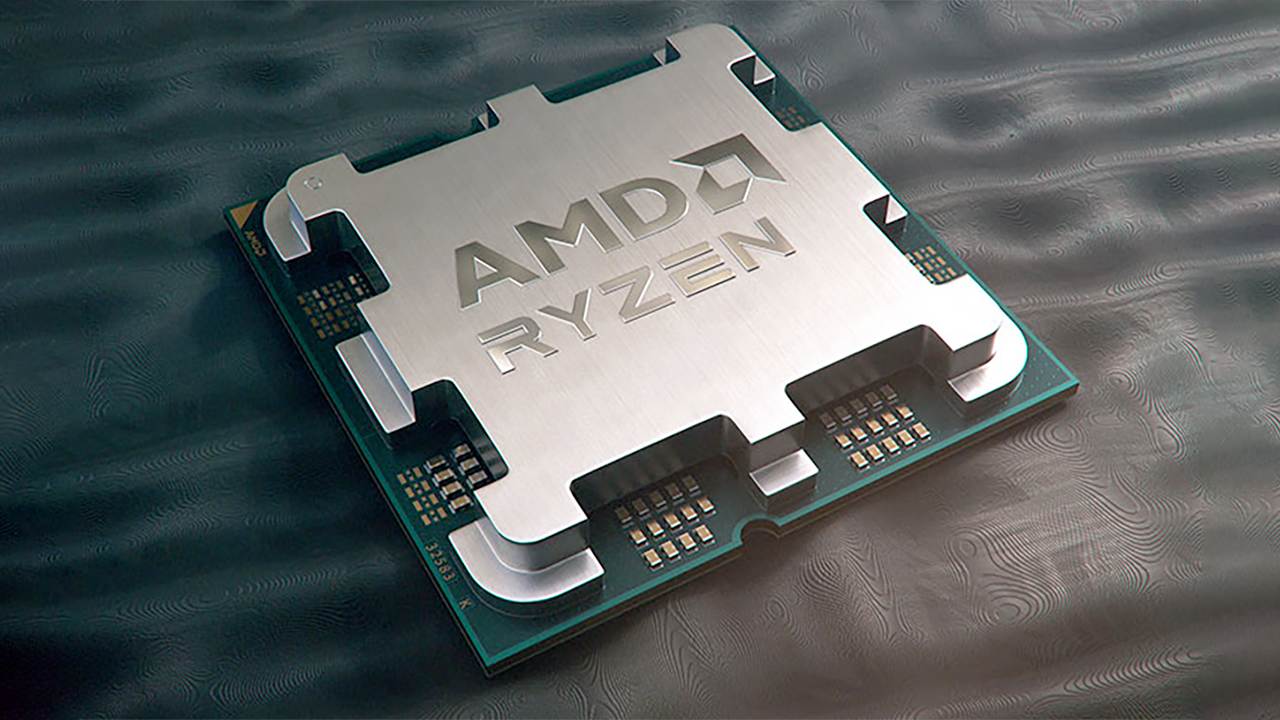MSI overclocker confirms CUDIMMs work with AMD Ryzen 8000 and 9000 processors
But there is a catch.

Up until recently, it was thought that CUDIMMs would be exclusively supported by Intel's Arrow Lake-S desktop platform. However, it looks like AMD's Ryzen 9000-series processors will also be able to work with CUDIMMs - at least according to MSI - reports VideoCardz.
During a recent webcast, MSI confirmed that while AMD's upcoming X870 and X870E motherboards will support CUDIMMs with Ryzen 8000 and 9000 series CPUs, they are currently incompatible with the Ryzen 7000 series processor family.
During the recent event, MSI highlighted that its X870 motherboards have been optimized for better signal quality, which will improve their ability to support ultra-fast memory modules. While Ryzen 8000 (Phoenix) and 9000 (Granite Ridge) CPUs can work with CUDIMMs, previous-generation Ryzen 7000 (Raphael) CPUs cannot yet use CUDIMM due to an unresolved issue that prevents platform booting. MSI's TOPPC mentioned that this issue might be addressed in the future, but no official confirmation has been given.
For now, it is unclear which CUDIMM speed bins AMD's Ryzen 8000 and Ryzen 9000 processors will officially support and whether they will be on par with Intel's Arrow Lake-S platforms.
If (or when?) support for CUDIMMs by Ryzen 7000 is introduced, motherboards may initially start at a reduced memory data transfer rate, which could then be adjusted either manually or automatically to reach optimal speeds. However, it is unclear whether AMD is interested in adding support for CUDIMMs to its previous-generation processors and whether this support brings actual benefits.
TOPPC also commented on memory speed advancements, suggesting that achieving speeds like 10,000 MT/s is still some way off. This indicates that while overclocking memory modules with cherry-picked memory devices and heightened voltages get higher data transfer rates, their widespread adoption could take quite some time.
When it comes to JEDEC-specified performance settings, they are very conservative in terms of timings and voltages, and any increase is considered an overclock and therefore beyond the standard-set specification. Clock unbuffered dual in-line memory modules (CUDIMMs) feature a CDK driver to 'officially' support data transfer rates of 6,400 MT/s and beyond. Leading makers of memory modules for enthusiasts have already announced their products with 9,200 MT/s and 9,600 MT/s - presumably for Intel's Arrow Lake-S platforms.
Get Tom's Hardware's best news and in-depth reviews, straight to your inbox.

Anton Shilov is a contributing writer at Tom’s Hardware. Over the past couple of decades, he has covered everything from CPUs and GPUs to supercomputers and from modern process technologies and latest fab tools to high-tech industry trends.
-
edzieba CUDIMMs fall back to regular DDR behaviour (external clocking) by design. That they work in regular DDR slots is the intended outcome.Reply -
Notton Yeah, that's what I was thinking.Reply
I was under the impression AM5 had no benefit over DDR5-6000, so you are better off going for tighter timings than speed. -
thestryker I'm still mostly curious about the bypass mode implementation because while I haven't got into the specifications my understanding from reporting on CUDIMMs is that it's intended to be for slower speeds. There's a slide wccftech has showing that they only work on AMD in bypass mode which negates the advantage they bring.Reply
As for AMD memory scaling TPU did a piece and it seems to largely be a wash right now, but low latency 7200 shows some potential:
https://www.techpowerup.com/review/ddr5-memory-performance-scaling-with-amd-zen-5/